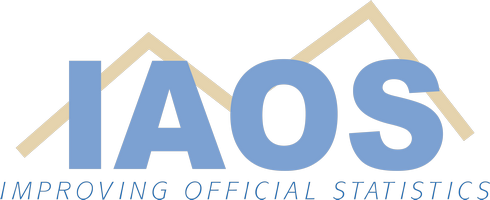| Organizer | Mr. Angel Panizo Espuelas | Luxembourg | | |
| Chair | Mr. John Verrinder | Luxembourg | | |
| Speaker | Mr. Alfredo Cristobal | Spain | Impact of the COVID-19 pandemic and government support measures on the main economic indicators in Spain. Challenges faced and lessons learned. | The COVID-19 pandemic had a significant impact on national economies since the beginning, in March 2020. Governments had to react putting in place measures to support households and businesses mainly. However, the absence of statistical information, particularly during the first weeks caused that the design of these measures was complicated. This presentation describes the effects of these measures on the main macroeconomic indicators in Spain as well as the challenges that INE had to face in order to design new faster and more frequent statistics, experimentally, based on the use of new administrative registers and also information from private databases. |
| Speaker | Mr. Stefan Hauf | Germany | COVID-19 pandemic - new user demands and macrostatistical challenges in Germany | A brief analysis of key economic indicators for Germany during the COVID-19 pandemic and a comparison with the financial market crisis 2008/09 is followed by presenting measures to secure our macro-statistical production and meet new user demands. These go well beyond organizational issues and focus on the timeliness of economic key figures and the feasibility of using new digital data and techniques. Attention will be given to experimental data and the question, when to consider them as official. Finally, in addition to special press releases and/or conferences, new ways of dissemination will be addressed, like more targeted dashboards. |
| Speaker | Mr. Angel Panizo Espuelas | Luxembourg | Sector accounts during the pandemic: did it mean larger revisions? How government measures were recorded across the EU | Due to the COVID outbreak, EU governments put in place a variety of economic support measures, including payments to retain employees at short or zero hours, deferred payment of taxes, loans or guarantees. It was especially challenging to harmonise the recording of employment related measures, in order to avoid that the national particularities leaded to different classification among countries. This presentation focuses on how the statistical institutes recorded those measures and analyses if the disruptions due to the COVID outbreak caused substantial revisions of sector accounts data. |


